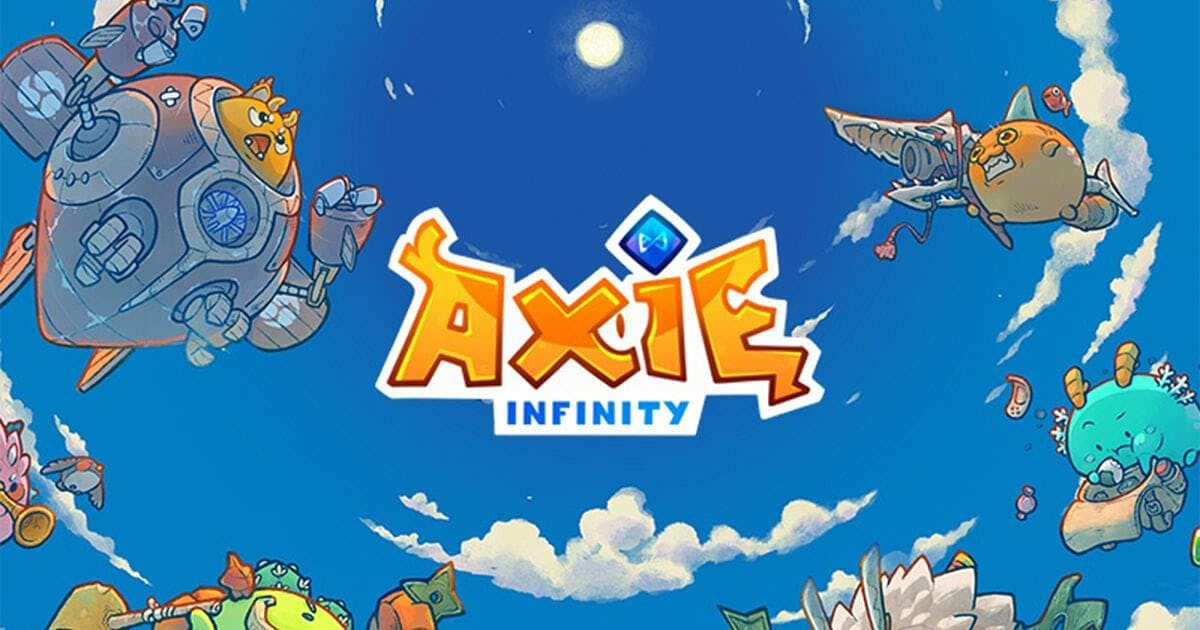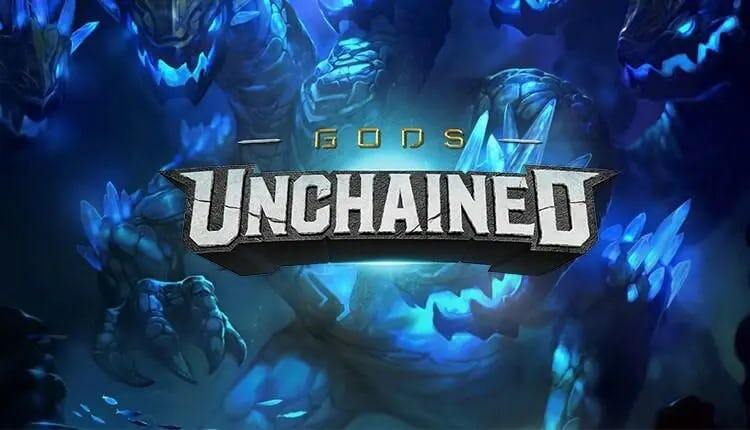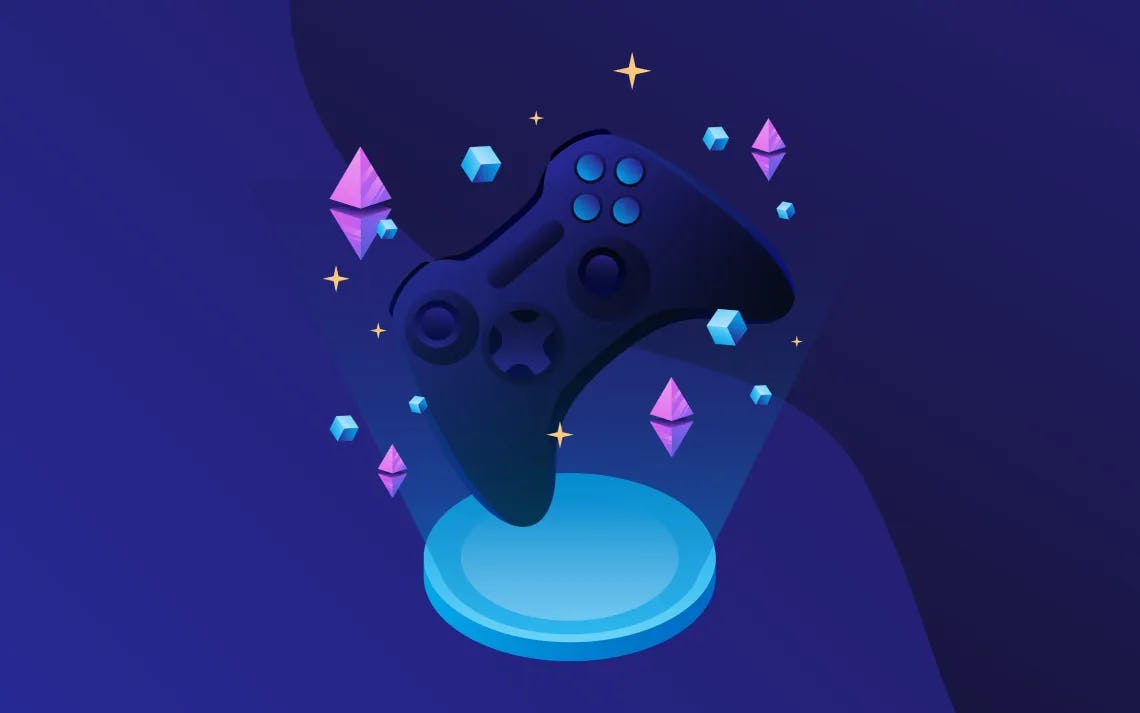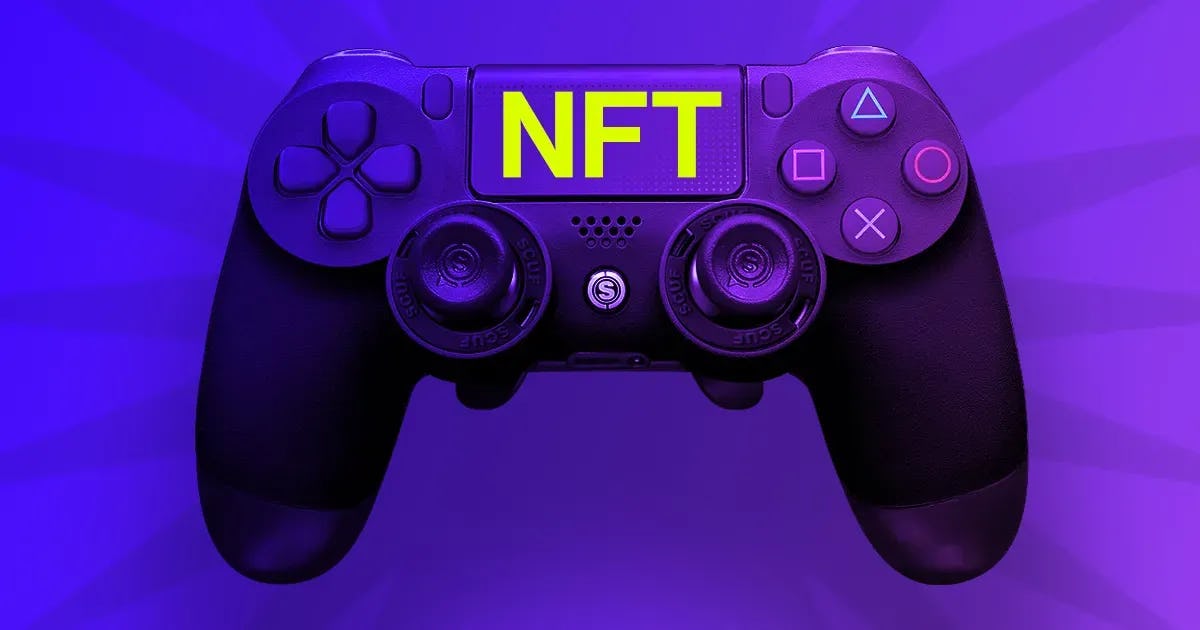What is GameFi?
Everything you need to know about GamFi and how web3 is transforming the traditional gaming landscape by establishing open economies, user ownership, and prioritizing player empowerment.

Eliza Crichton-Stuart
Head of Operations

GameFi is a concept that formalizes markets traditionally characterized by friction, limited access, walled gardens, and often prohibited by game publishers to the detriment of players. Blockchain games and web3 are transforming the landscape by establishing open economies, user ownership, and prioritizing player empowerment.
In this deep dive, we explore the evolving landscape of GameFi, where blockchain technology is reshaping gaming by empowering players with true asset ownership and open in-game economies. We also cover how titles like Axie Infinity, Gods Unchained, and Sorare exemplify this transformative trend.

Open vs Close In-Game Economies
These next-generation games employ tokenized in-game items, characters, and currencies, allowing players to freely trade among themselves. This stands in stark contrast to most contemporary video games where assets are conditionally owned, subject to strict rulesets enforced by technology, hindering players from freely exchanging in-game assets. This restriction has given rise to unofficial gray markets where valuable game assets, and even player accounts, are traded for real money.

Real-World Economies
The term GameFi (also known as game finance) was initially coined by Yearn Finance Founder Andre Cronje in connection with decentralized finance (DeFi) protocols featuring gamified elements. The term has evolved to encompass the financial aspects of blockchain games due to their direct link to real-world economies.
It is widely acknowledged that game items and currencies hold significant value, exemplified by the high valuation of rare CS:GO skins reaching thousands of dollars. Various gray markets currently facilitate the exchange of in-game assets for real money.
GameFi, utilizing blockchain technology, seeks to formalize these markets historically riddled with challenges, providing transformative solutions through tokens that replace gated items, currencies, and accounts.

How Blockchain Tokens Empower GameFi
Presently, in-game currencies and items are centrally stored and distributed by a game's publisher on a proprietary backend server, allowing the publisher to exert control over digital assets.
Blockchain games, however, employ global, decentralized computers (blockchains) and smart contracts to create and facilitate token movement. These tokens, whether non-fungible (NFT) or fungible, redefine digital asset ownership standards.
In a blockchain game, if an in-game item is an NFT, the player owns it without the risk of it being taken away or erased, allowing for free trade without explicit permission from the game developer.
Why GameFi?
Games offering GameFi functionality become more attractive to players for various reasons:
- Asset Ownership: Blockchain provides players with sovereign ownership over digital assets, preventing their removal from a player's blockchain wallet.
- Open Markets: In-game items and currencies, earned as rewards, can be bought, sold, and traded on open blockchain marketplaces, potentially allowing players to earn real money.
- Gaming Incentives: Games with GameFi functionality offer an additional incentive for players, providing rewards for their efforts, and making them more appealing than non-GameFi counterparts.

GameFi Examples
Several blockchain games exemplify GameFi functionality:
All items, creatures, cards, and currencies mentioned below are tokenized and can be traded on marketplaces.
Axie Infinity: A strategy game by Sky Mavis on the Ronin blockchain. The game is centered around unique digital pets known as Axies. Players engage in buying, breeding, and battling Axies, earning the game's native currency, $SLP. The key distinction lies in the ownership of in-game assets; thanks to blockchain, players have full control over their Axies and can freely trade them on open marketplaces.

Gods Unchained: A collectible trading card game (TCG) by Immutable on the Ethereum blockchain. Here, cards of varying rarities can be openly bought, sold, and traded as NFTs. Players not only build their preferred decks but also earn $GODS tokens by playing and winning games. These tokens can be used to purchase new card packs or contribute to the in-game governance mechanism.

Sorare: A fantasy sports game built in-house by Sorare on the Ethereum blockchain. Sorare merges fantasy sports with blockchain, allowing players to collect NFT player cards and enter tournaments based on real-life player performance. Points are earned for the in-game lineup's performance, as well as the rarity of the cards. The auction-style format for new card sales and tournament rewards further solidifies the link between in-game assets and real-world value.
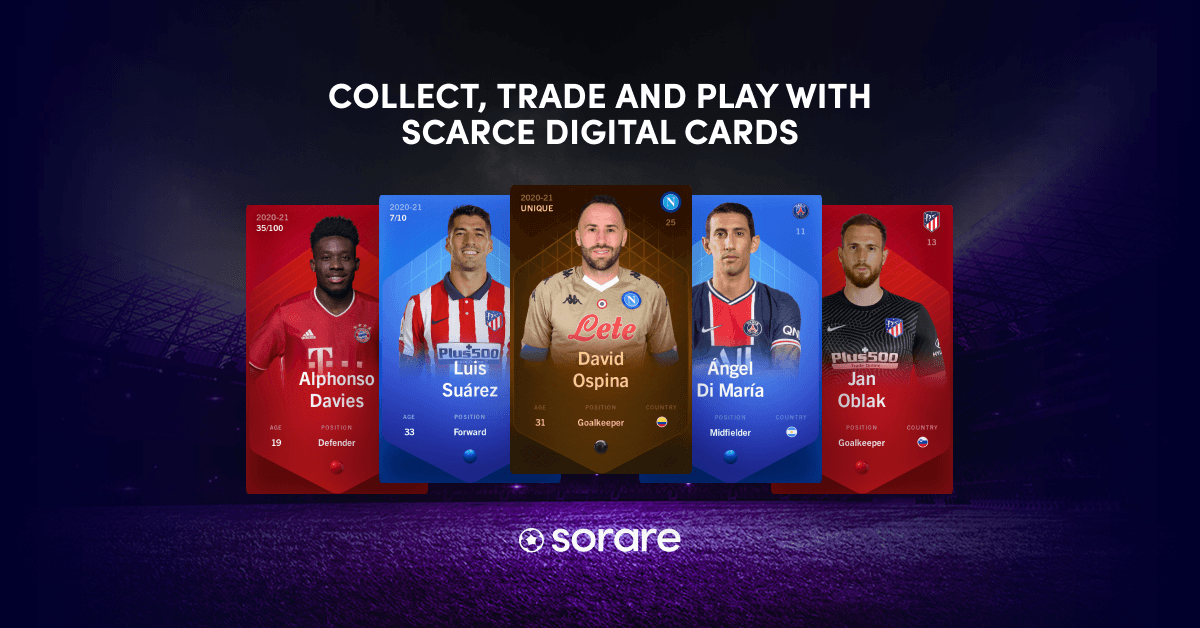
Final Thoughts
GameFi: A New Standard for Digital Asset Ownership
In essence, GameFi is not just about introducing monetary incentives to video games but fundamentally altering how players perceive the value of their time, effort, and attention within a game. It represents a shift towards a player-centric economy, where tangible digital assets become tradable commodities, reminiscent of real-world transactions. As blockchain continues to influence the gaming landscape, GameFi is poised to become a defining trend, offering players a new standard for digital asset ownership and open in-game economies.
This article was inspired by an original blog post from Chainlink, you can read the full post on their website here for more information.
updated:
March 1st 2024
posted:
March 1st 2024
